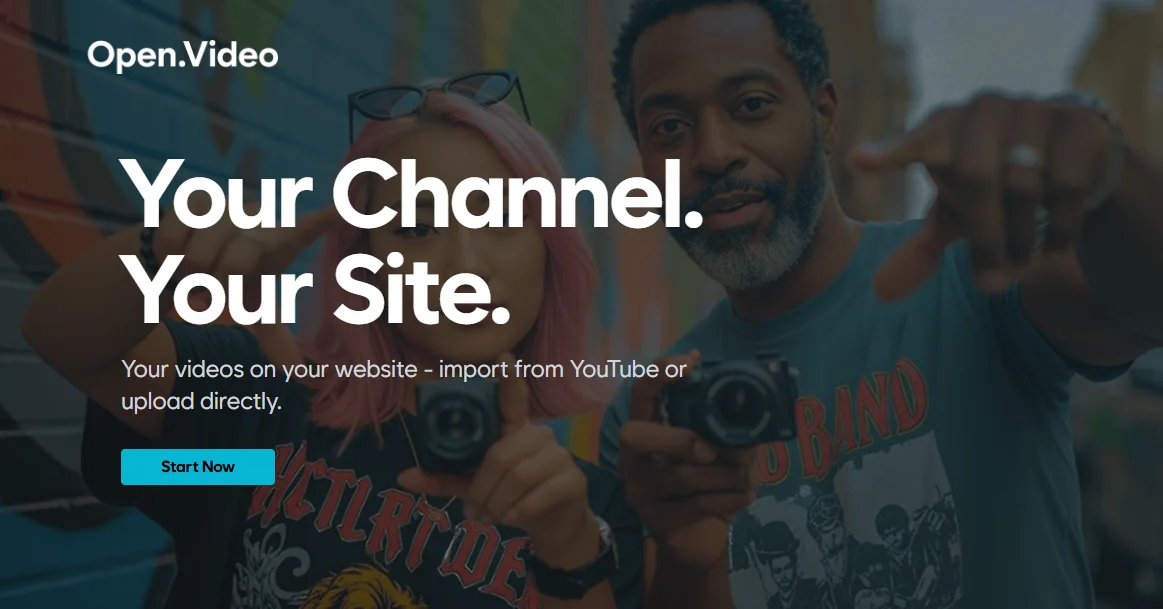I can’t say I was overly surprised when new research revealed that there’s less freedom of expression now than 20 years ago.
A quick look at global events over the last decade — including the rise of authoritarian governments, outbreaks of armed conflict and even the “culture war” — should be enough to explain UK-based non-governmental organization (NGO) Article 19’s findings that 80% of the global population have less freedom of expression now than at the turn of the century.
The Global Expression Report (GxR) 2023, which tracks freedom of expression across 161 countries, highlights a worrying trend about the deteriorating state of public discourse across the globe. Here are some of its main findings:
- 13% of the world’s population (1.06 billion) live in what’s classed as “open” countries, down from 22% in 2020
- 9% (683 million) live in “less restricted” countries, down from 29%.
- 16% (1.24 billion) live in “restricted” countries, up from 13%.
- 28% (2.2 billion) live in “highly restricted” countries, up from 5%.
- 34% (2.71 billion) live in “crisis” countries, up from 30%.

Commenting on the NGO’s findings, Article 19 executive director Quinn McKew told the Press Gazette that it’s “never been harder to be a journalist almost anywhere in the world in the past 30 years than it is right now”.
While the report singled the likes of Russia for attention, given its crackdown on the media amid the war in Ukraine, McKew also mentioned the challenges facing news organizations in “friendly countries”.
She said: “While conflicts and power grabs prominently erode democracy and human rights, much of the decline comes from consistent, incremental erosion: changes in policy in the name of misguided understandings of ‘public safety’ or ‘economic efficiency’, or gradual shifts in attitudes of those in power – in autocracies and democracies alike.”
Indeed, the media industry here in Australia has been protesting against political encroachment on press freedoms for several years.
But I’m hesitant to simply lay the problem at the door of politicians and walk away: it feels too much like a “gimme” to me. I’d argue that the fourth estate’s problems are also partially rooted in its inability to remain relevant.
I know, that’s a somewhat controversial take, but hear me out.
I’m inclined to believe that declining journalistic freedoms are connected to the decline in the public’s trust in the news. Politicians trying to “shoot the messenger” to curry favor with voters is hardly a new strategy. However, it has an outsized impact when the public’s faith in the news media is already deeply compromised.
I’d argue (and have done so) that falling trust is directly tied to the news media’s diminishing relevance to modern audiences. Audiences continue to switch from direct access for their news to social media, eroding news media’s societal standing in the process.
The issue of press freedoms, audience trust and technological relevance is an incredibly complicated subject. I’ll happily admit that this missive is too short to do the topic any real justice.
Content from our partners
But I do believe that the media’s strength lies with its audience. Outlets that attract large audiences enjoy significant social influence and become a key component of the Habermasian public sphere, if you will.
Whether you agree or disagree, I’d love to hear your thoughts on the subject. The free exchange of ideas is central to developing our own perceptions and understanding.










